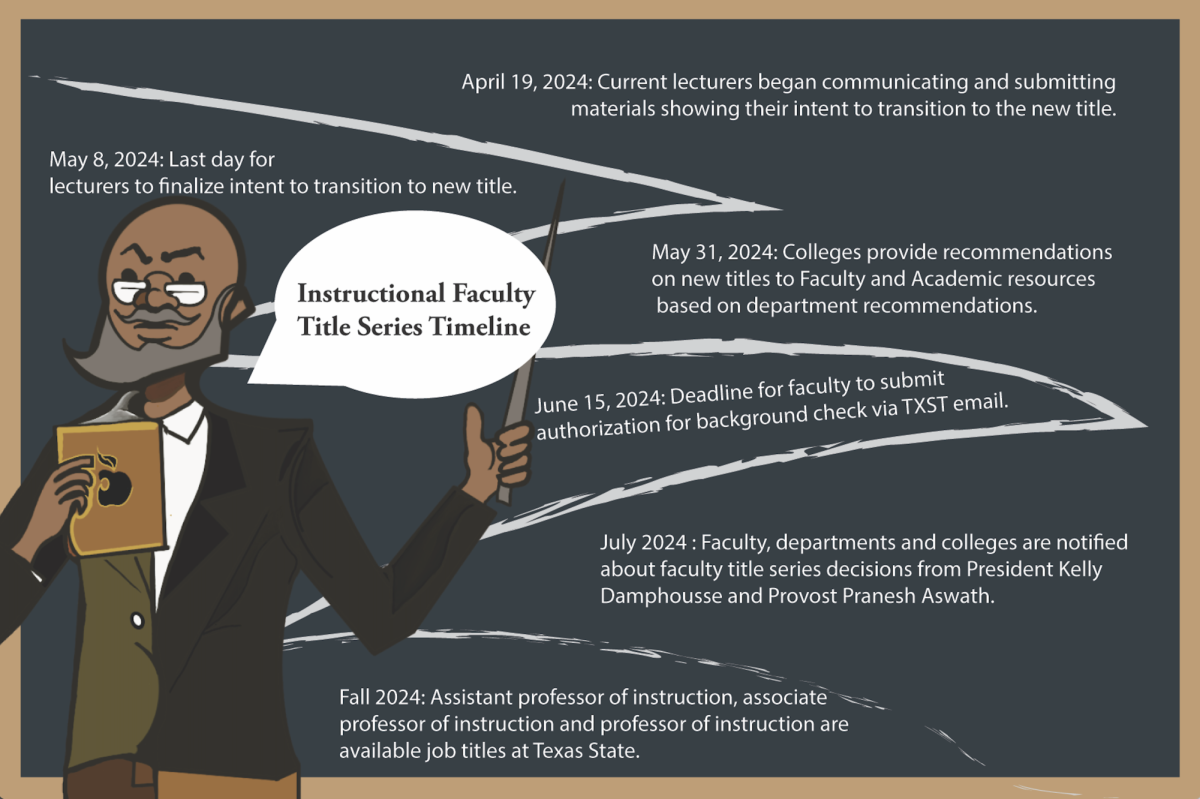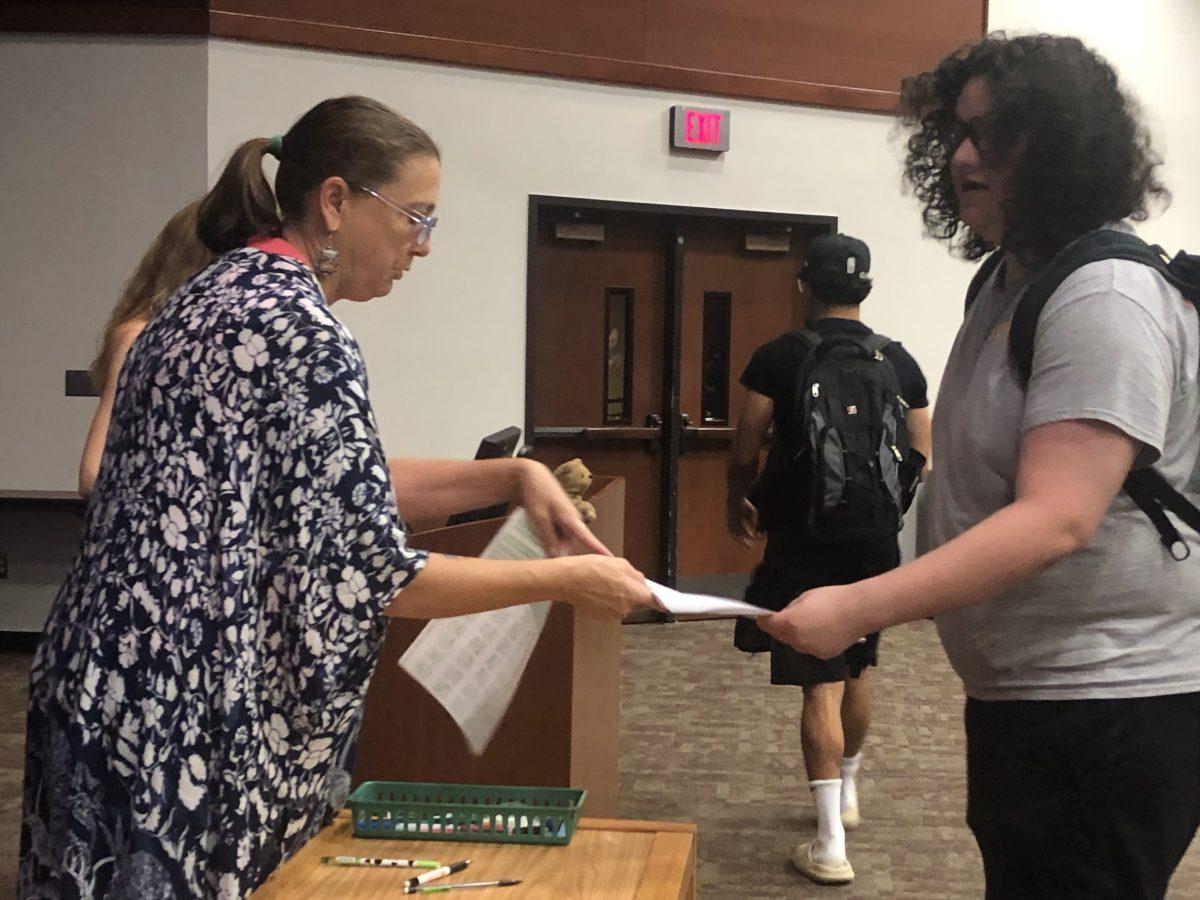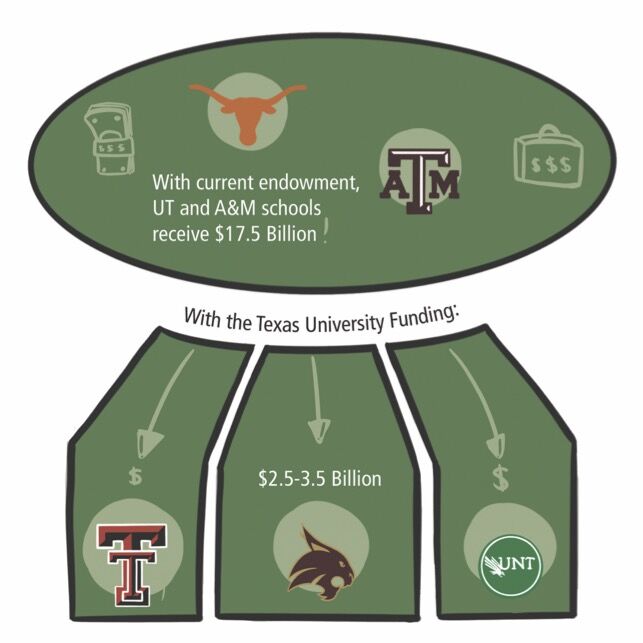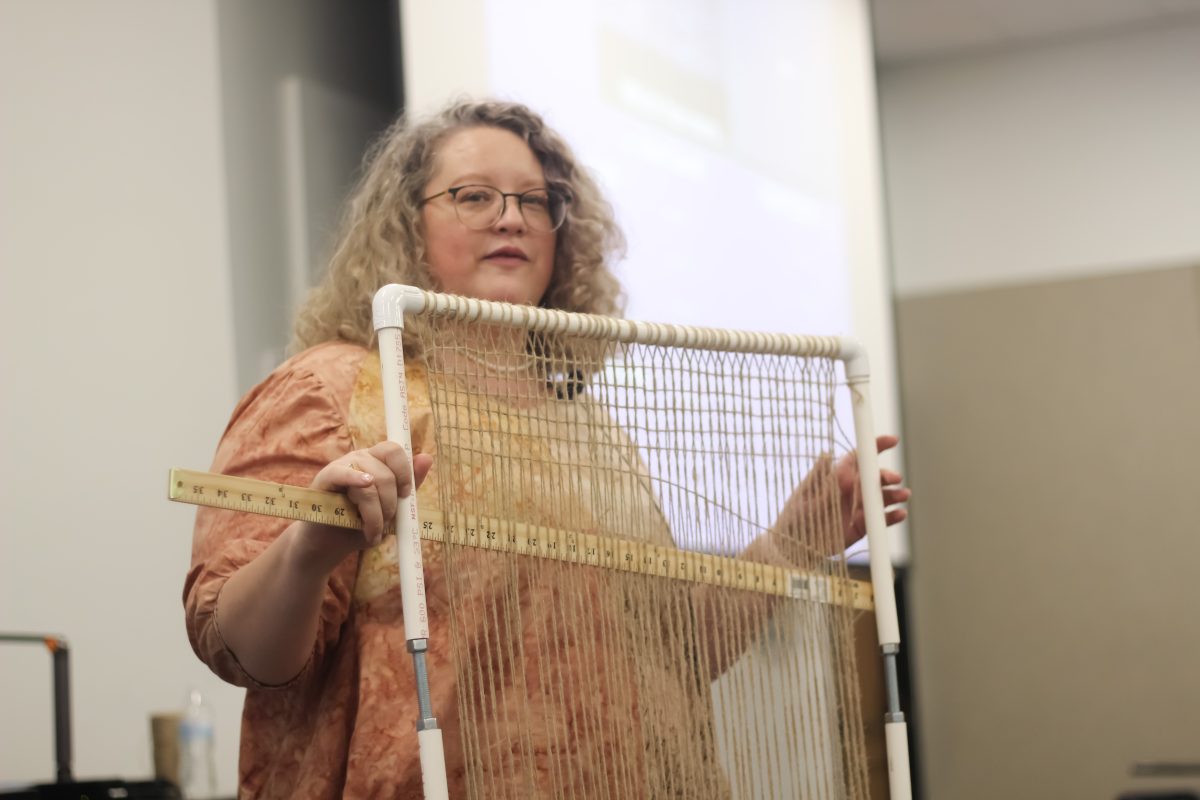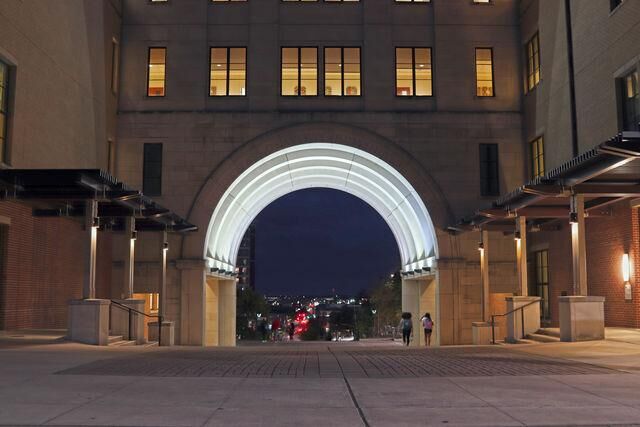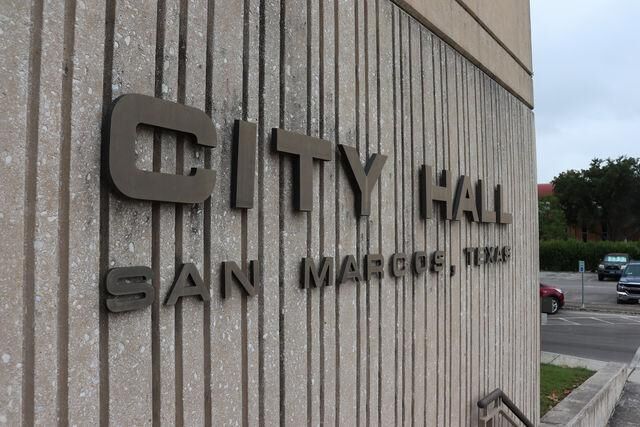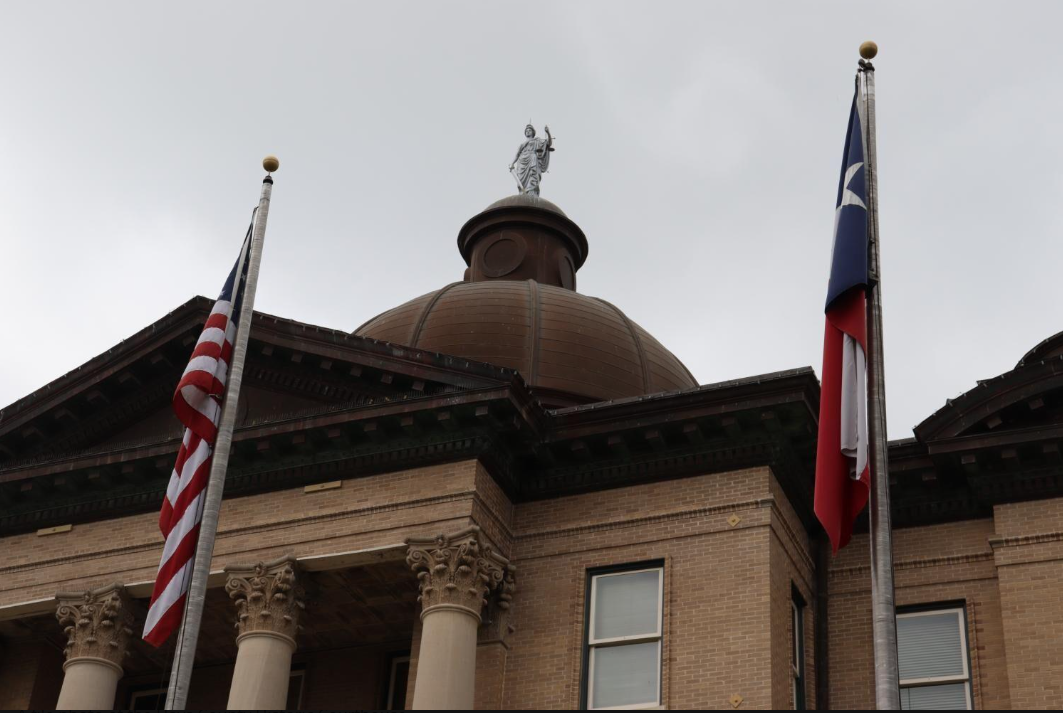Faculty Senate discussed salary raises and future university department plans with President Denise Trauth and Provost and Vice President for Academic Affairs Gene Bourgeois at its Oct. 6 meeting.
The Senate questioned on whether raises would be considered this academic year. Bourgeois explained that if the university decided to administer raises, it would be a merit salary raise of 3%. However, this would be costly as staff members would also get a raise.
“The university has consciously made a decision that what we do for faculty, we do for staff,” Bourgeois said. “In other words, if we do 3% merit faculty, it’s 3% for staff. If it’s 2% merit, the percent equity for faculty, it’s going to be the same for staff.”
While salary raises are not expected, Trauth stated that a 3% paycheck bonus is in the works. The possibility for salary raises requires high or above-average enrollment numbers. Bourgeois explained that as enrollment increases, more funds can be allocated for raises.
Faculty members were also curious about new graduate plans for the university and what would happen to graduate plans that lacked high enrollment rates. Trauth mentioned how creating new graduate programs could also benefit enrollment numbers and attract more students to complete their masters or doctorate at the university.
“If you look at the percentage of graduate students versus undergraduate students, we need to up the percentage [of] graduate students,” Trauth said. “That’s the right thing to do when you’re on our path but it also leads to more revenue.”
Trauth clarified that new programs would require more funds to support them. She also recognized the need for salary raises and hopes it will be an option in the future but understands that faculty members have other options due to the number of higher education universities in the area.
“I do think that strategically, we have taken the steps, with new programs and particularly graduate programs that will increase the enrollment in, and also increase, more importantly, probably the subsidy that we’re getting from the state of Texas,” Trauth said.
During the Senate’s debrief, members pondered on why the university could only grant raises if enrollment increased and agreed that other methods should be used to ensure raises are allocated.
“Do we have to have record freshmen enrollment every year to infinity, is that what they’re saying because that’s not sustainable,” a faculty member said.
The overall university strategic plan for upcoming school years will begin next spring. The plan, according to Trauth, will start with a mission review then an evaluation of trends in the university environment. Starting in the fall of 2022, the entire university will become part of the process.
“We’re asking each unit at the university to look at the next six years, and at least, specifically the next three years, and get a sense of what they might want to propose and different units,” Trauth said. “If you’ve just gotten a new program, degree program in your unit, then you may not want to propose anything.”
Faculty Senate also made final touches and received feedback on its semester bulletin. The bulletin was released on Oct. 8.
Faculty Senate discusses salary raises with Trauth and Bourgeois
October 8, 2021
Donate to The University Star
Your donation will support the student journalists of Texas State University. Your contribution will allow us to purchase equipment and cover our annual website hosting costs.












